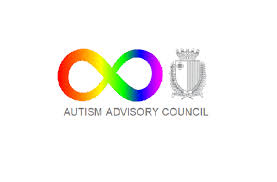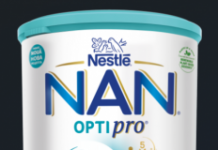The Autism Advisory Council urges caution, following public announcements made in respect of certain medications and autism yesterday, by the United States Food and Drug Administration (FDA).
The first claim is that the common drug paracetamol – known largely as the Panadol brand in Malta – is linked to a greater risk of causing autism in the foetus, when taken by pregnant persons.
Although different studies have been cited, there is nothing in said studies that currently proves direct causation. The fact that some persons took paracetamol in pregnancy, and their children were eventually diagnosed with autism, does not mean that there is a direct link, unless the data shows this regularly and consistently.
Rather, the Harvard/ Mount Sinai review cited, which looked at 46 studies, concluded that the results coming out of the review were so inconsistent that a meta-analysis was unable to be performed.
Out of the 46 studies reviewed, only 27 showed some kind of association. The lead author of the review stated explicitly that the review “cannot answer the question about causation”, comparing this association to the association between ice cream sales and crime, and the argument that both phenomena increase in summer.
The European Medicines Agency (EMA) also issued a statement in which it confirmed that its earlier official guidance on taking paracetamol during pregnancy remained unchanged:
https://www.ema.europa.eu/en/news/use-paracetamol-during-pregnancy-unchanged-eu.
This brings us to the fundamental standard, in good academic practice, that correlation does not imply causation.
Unless we have hard evidence in hand backed by hard science, it is both unprofessional and unfair to present such theories as fact to expectant mothers, while racking others with guilt, leading them to believe that their autistic child’s support needs are the direct result of having taken a common painkiller during pregnancy.
We would also like to draw attention to the recommendation of giving children the supplement leucovorin. This is currently only given to chemotherapy patients in Malta. Although some work has shown a possible association to improving speech in minimally verbal children, the results are still early and anecdotal. It would be irresponsible to prescribe this substance to children before large-scale, properly
managed clinical trials are conducted, to verify the appropriateness of regularly giving leucovorin to young children.
The Autism Advisory Council reiterates its position that, while never opposed to further research on autism, in line with Malta’s 2021-2030 National Autism Strategy, we have a duty and responsibility to autistic people and their families, to make sure we only promote reliable courses of action, based on good science.
This should happen in parallel with a continuing focus on improving their quality of life, through ever-evolving social services and support.
![]()







